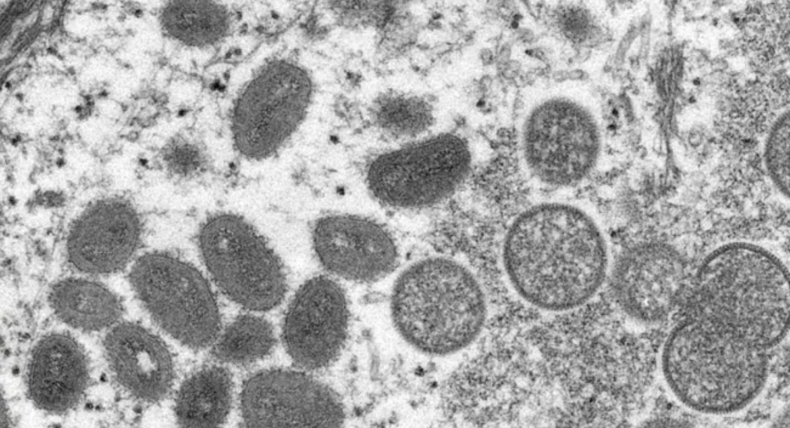Could the next epidemic be the monkey pox?
Monkeypox status as a Public Health Emergency of International Concern (PHEIC) will be decided by the World Health Organization (WHO) on Thursday.
The meeting, which starts at noon CEST in Geneva, Switzerland, will bring together specialists from the WHO body the International Health Regulations Emergency Committee to talk about the quickly proliferating virus.
In the most recent impacted nations, the virus, which was previously only observed in parts of central and western Africa, has not yet resulted in any fatalities. However, earlier epidemics have resulted in fatalities.
If the outbreak is deemed a global emergency, stopping its spread will need a concerted international response.
According to the WHO, monkeypox is not a public health emergency. The multi-nation monkeypox outbreak is not a public health emergency of global concern, the World Health Organization declared on June 25.
African scientists who said the virus has been a concern for years criticised the WHO’s decision to consider the seriousness of the outbreak.
Since May, more than 3,500 cases have been caused by monkeypox, which is mainly spread by men having intercourse with other men; nevertheless, only 1 death outside of Africa has been recorded.
The World Health Organization reports an increase in cases of monkey pox.
Over 50 countries have at least 3,000 cases of monkeypox.
According to the Centers for Disease Control and Prevention, 142 monkexpox cases have been documented in the US throughout 23 states and Washington, D.C. In order to prevent infection, health officials in the US worked to increase public awareness of how the virus spreads and its symptoms prior to Pride month. However, regardless of their sexual orientation, anyone can contract monkeypox through close physical contact. Currently, the risk is higher for guys who have intercourse with other men. Ninety-nine percent of the 468 patients with monkeypox who provided demographic details are men. According to the WHO, the majority of them identified as men who have sex with men and had a median age of 37.
What is monkey pox.
A uncommon viral virus called monkeypox, which is comparable to the human smallpox, was initially identified in 1958 in research-held monkeys. In 1970, the first instance of monkeypox in a human was noted. The disease mostly affects tropical rainforest regions of Central and West Africa, with sporadic exportations to other locations.
The virus is a member of the POXVIRIDAE family, which also includes the viruses that cause smallpox and cowpox.
Symptoms of monkey pox
The typical symptoms of monkeypox include fever, rash, and swollen lymph nodes, and it can result in a variety of medical issues. The illness often runs its course within two to four weeks, with symptoms lasting that long. There may also be severe cases. The case fatality ratio has apparently been between 3 and 6 percent in recent years, although it can reach 10 percent. In this current outbreak, no deaths have been reported.
Typically, symptoms continue for two to four weeks before disappearing on their own without medical intervention. Consult your healthcare professional if you believe you may have monkeypox symptoms. If you have had close contact with someone who has monkeypox, either suspected or confirmed, let them know.
The spread of monkeypox:
- Humans can contract monkeypox through coming into intimate contact with an animal or person who has the disease, as well as by coming into contact with contaminated objects. It is claimed that rodents like rats, mice, and squirrels transmit it.
- Lesions, bodily fluids, respiratory droplets, and contaminated objects like bedding are all ways that the disease is spread. Compared to smallpox, the virus is less infectious and has milder symptoms.
However, health officials have also mentioned that some of these infections may be spread through intercourse. The WHO stated that it was looking at numerous cases involving individuals who identified as gay or bisexual.
The early cases, according to the WHO, are unusual for three reasons: most are being discovered through sexual health services and among men who have sex with men; and the widespread geographic spread across Europe and beyond suggests that transmission may have been ongoing for some time. Of the early cases, all but one have no relevant travel history to regions where monkeypox is endemic.
It is clear from this that
Dr. Gandhi stated, “Since monkeypox was long disregarded in African nations, it is time to enhance awareness of this infection and take it seriously, but the general people should not be scared.” It’s important to be informed and provide communities with the necessary vaccinations, but monkeypox is still quite uncommon.”
Hence, Presently We are not now concerned about the prospect of a pandemic due to monkey pox.












